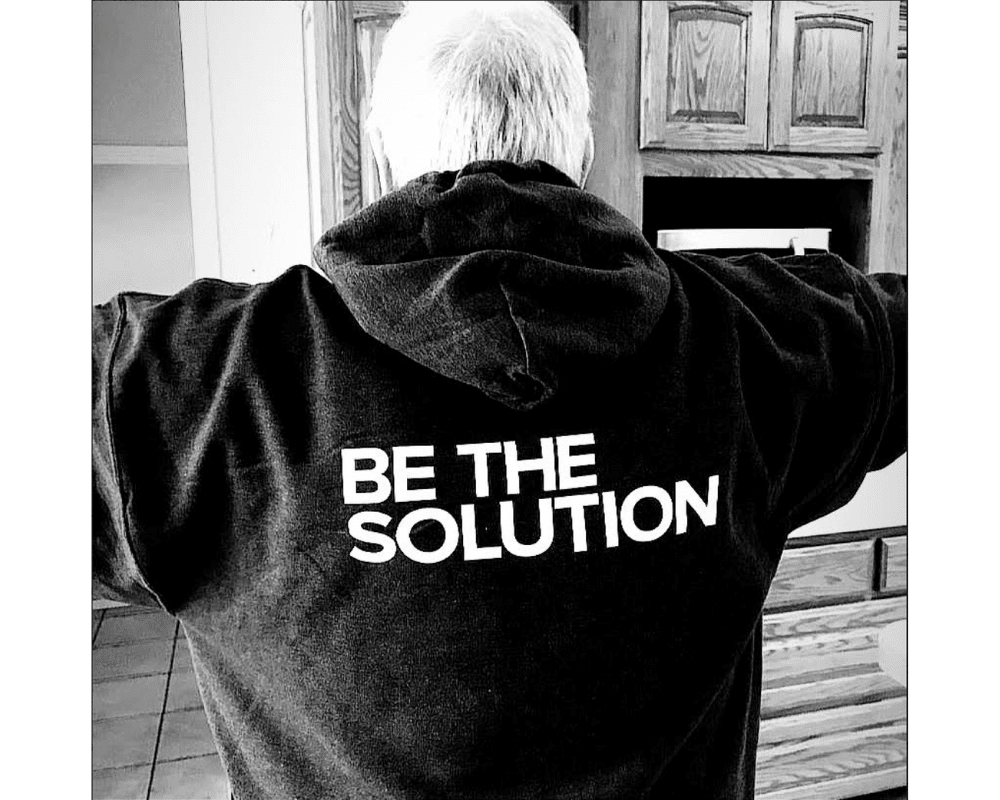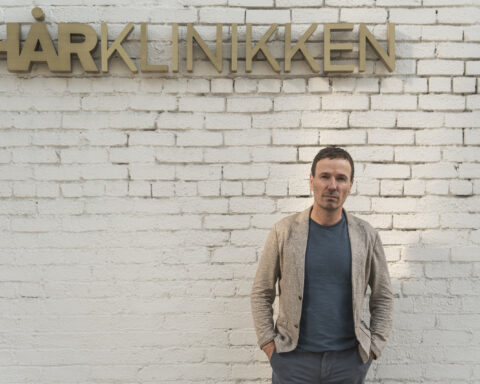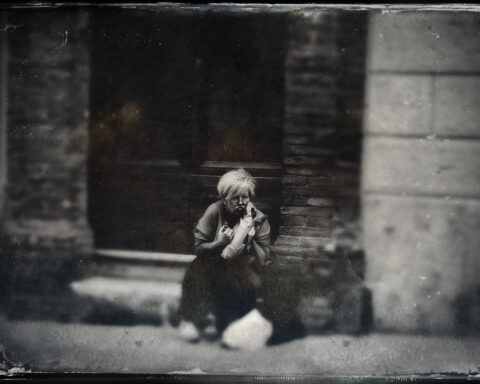Dr Robb Kelly has two PhDs, in Psychology and Behavioral Science, but perhaps his most important qualification to treat those suffering with addiction issues is his own story. He lost everything as an addict, ending up on the streets in Manchester, England, but rose again to launch the successful Robb Kelly Recovery Group in Dallas, Texas, and has helped thousands of people around the world with his telehealth coaching service. Here he explains how the same obsessive mind that was behind his substance issues is what he also credits with his success.
Tell us about your personal story, and battle with addiction.
I was born into a musical family, and also an alcoholic family. I was never great at soccer, terrible at cricket, and a very quiet kid, but music was my thing. I played in bands, and actually had my first half beer at age nine to calm my nerves before going on stage in Liverpool. Then at about 15 or 16, I became a session bass player at Strawberry Studios, the rock band 10cc’s music studio in Stockport, England. I wanted more, because an addictive mind always does, and I saw an advert in the Melody Maker for a bass playing job at Abbey Road Studios. Before the first audition, I had one beer. And by the seventh audition, I had seven beers outside before I went in. But I got the job, and that told me alcohol makes you amazing and you can’t fail. I played with Elton John, David Bowie, Queen, and we’d have chats until early in the morning. We’d hang out in Elton John’s suite at The Savoy. And by now I was not only drinking heavily, I was taking cocaine heavily as well.
I wanted to be an MD, and I got into Oxford University and my first year was as a medical student, but I got thrown out for being drunk every day, and they stuck me in the PhD program. Then I joined the police force, and got fired for being drunk. There was a pattern emerging, but I couldn’t see it. I got married and after the birth of my first child, I swore I would never drink again, which lasted four hours. And after the birth of my second child, I swore I would never drink again, and was drunk again that evening. The mayhem in that house was sickening. I came downstairs one night at 3am or 4am because I was dying for a drink, and found a bottle of vodka. I put it on the counter and turned around to get a crystal glass, because I’m not a f***ing alcoholic, that’s my thinking. And my wife grabs the bottle off the counter and says, “I think you’ve had enough.” She was right, and I should have thanked her for being concerned. But I took a kitchen knife out and I stabbed her three times. I called an ambulance and a taxi, and as soon as I heard the sirens approaching the house I got in the taxi and fled to our house in Spain. I didn’t come back until three months later when she agreed to drop the charges. My attorney got me my kids back, and I pledged, “I’m going to be a real father now and stop messing around.” So I have one beer to celebrate getting my kids back, and three days later the police kick the door down, I’m unconscious and my kids have not been properly fed or changed for two days. My youngest daughter was one, and my eldest was three. And I remember as she was being led away from the house, my eldest said, “Daddy, daddy, please stop drinking.” But I couldn’t do it. And six or seven months after that I’d lost the house, the cars, the kids, and I was homeless.
I was on the streets for 14 months in Piccadilly Gardens in Manchester. It was horrendous, fist fights every day to stay alive, following drunk people home from nightclubs so I could steal their money. I tried to commit suicide several times. And I remember one night I was f***ing done, I was on my knees crying from my stomach and the rain was hitting the back of my head and mixing with my tears as it hits the cobbles. I was never a religious guy, but I looked into the sky and said, “I can’t do this on my own anymore.” Then a man came round the corner, and said, “Are you okay, mate?” And I said, “No. I’m f***ing dying.” He asked me if I was an alcoholic, and then said, “So am I.” He took me back to his house and I shaved and bathed for the first time in nine months. He said I can stay as long as I like, as long as I go to AA meetings with him. And that’s where my new journey began, in his spare room on a mattress on the floor.

Dr Robb Kelly
So then you get sober, and how does that lead to the recovery work you’re doing now?
I learned a lot from a man I met in the AA room, who became my spiritual advisor. And I knew I had changed when I was speaking in meetings and people started to shut up and listen to me, because I was making sense and I was passionate. I then went on a mission to help others, and I got the opportunity to speak in Dallas, Texas, at a church because of the crack cocaine epidemic in the area at the time. As soon as my feet hit the floor in the US I knew I was never going back to England to live again, and I began building a name for myself here.
What is the philosophy and technique of your recovery center?
What we have found through our research over the years is alcoholism is not about alcohol, and drug addiction is not about drugs. The drugs and alcohol are a symptom. As an alcoholic, we are born this way, it’s a predisposition passed down through generations. So when I took my first sip of alcohol, it set the compulsion off, which is very weak at the beginning, but towards the end I needed alcohol. And when I drink alcohol, my body gets sick as I have an allergy towards the alcohol.
It’s like chickenpox, you know someone has chickenpox because of the spots on them, but actually that’s the symptom, it’s the viral infection that you can’t see that could kill you. It’s the same with an alcoholic, what you see is the bottle, but it’s the trauma inside that needs to be treated.
Alcoholism is always about trauma and self-sabotaging. It’s not a drinking problem, it’s a thinking problem. So it’s the thinking we have change. We use a few techniques to change those neural pathways from self-sabotage to self-care through a process called neuroplasticity. It’s about changing the way you think, and repetition strengthens and confirms. Once we do that, there is nothing we can’t achieve. What happens is that most of us believe we are not worthy, or our parents or family have put a cap on our dreams. So first we go back and we clear the trauma, most of which sits in the subconscious mind. Over time the compulsion to drink is taken away because it’s not about the alcohol, it’s about what I believe about who I am. I turned it around, and have helped around 7,000 patients over the last 25 or 30 years.
Do you believe the reason you have been successful is because you’ve applied that obsessive behavior that is an inbuilt part of your addictive mind into something positive?
Yeah, 100%. And I now believe in myself. Here’s the twist, the guys born with the alcoholic gene who do not touch alcohol, they’re the smartest guys in the room. And there are millions more recovered alcoholics like me, living an amazing life and giving back.











